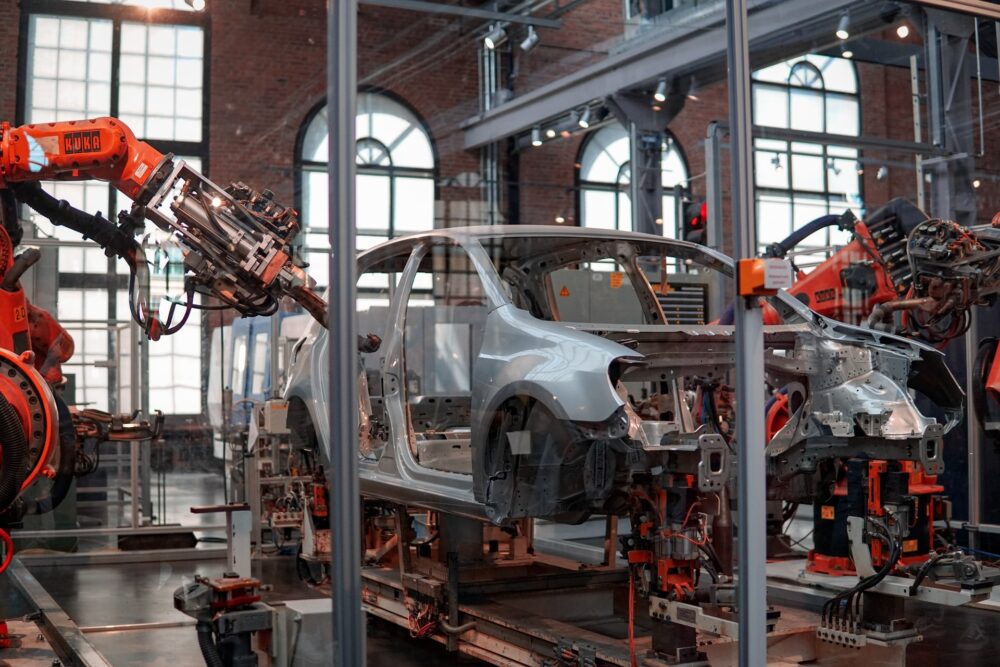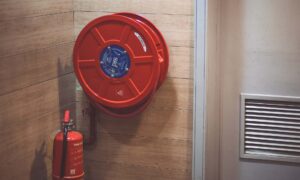When working in a factory, it is vital to pay attention to your health and safety. Many hazardous situations can be fatal for you. Factory work oftentimes requires vigilance and attentiveness. Many people have been injured due to carelessness and other factors. It is the job of the employer to make sure proper safety is provided to the employees. This can include both physical and mental stability for the employee.
There are many ways to reduce the risks related to factory workers that the employer can do. These can involve investment and effort. Many governments mandate the safety of workers and make it the job of the employer. Any injuries are usually blamed on the employer of the factory. This makes safety and security a top priority for most factories. Here are several ways that the risk is mitigated in factory work.
1. Security Measures
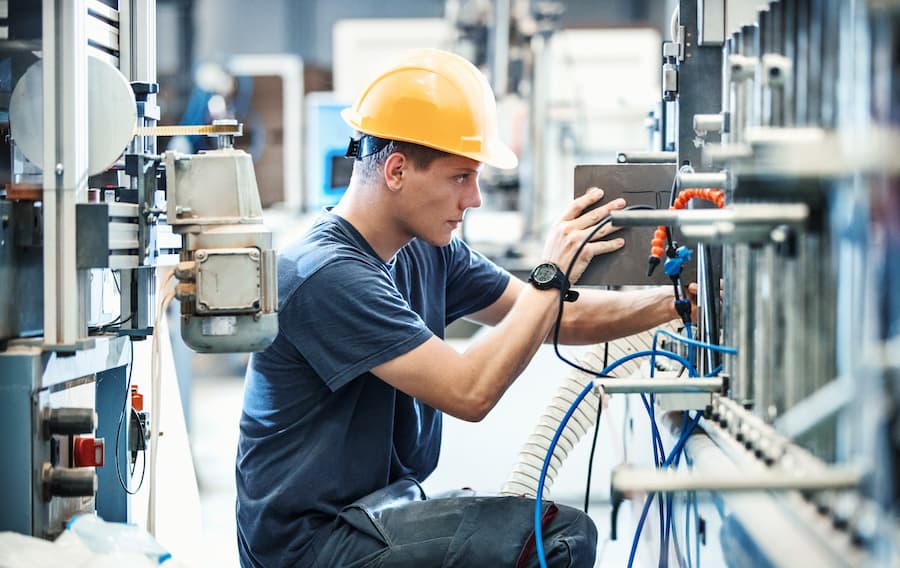
Source: sjvc.edu
Many employers invest in security cameras and systems to ensure that no break-ins occur. This not only helps the factory remain safe but is beneficial for employees too. Security makes sure that no machines or equipment is tampered with beforehand. This means workers will be at a lower risk the next time they work.
Similarly, the addition of security guards can further this security too. Security is increased significantly and there will be job creation too. This helps put the employees at ease and provides less emotional strain.
2. Supervisors
Security monitors the cameras and entry points for any unauthorized people. Supervisors are in charge of the employees. Supervisors are specialized labor that makes sure the employees are doing work correctly. This makes sure that the laborers are not working the machines in the wrong way. Some equipment can be harder to use such as drilling machines and as such workers need help. Supervisors are present for that reason and can assist them.
Furthermore, the addition of supervisors also increases the quality of the work too. Workers will know how to work better and faster. Supervisors also keep an eye on small things such as the posture of the workers. All of these add up to increased safety for the laborers.
3. Maintenance
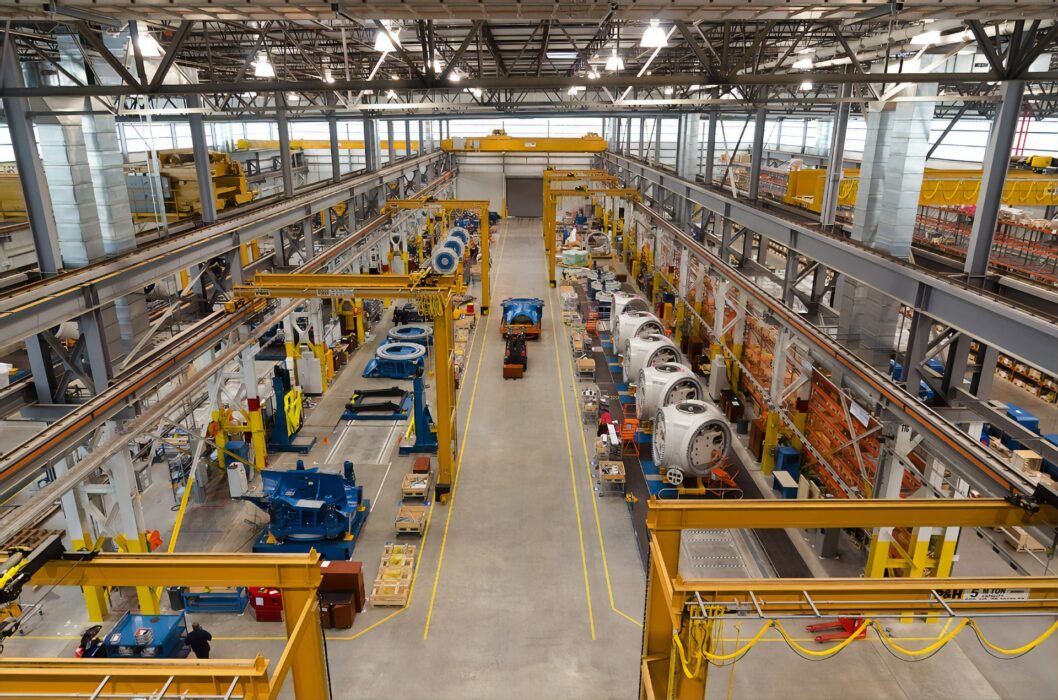
Source: unsplash.com
An important part of working in a factory is to have the machines and equipment in good condition. Faulty machines can lead to injuries and unfinished work. That is why it is the employer’s job to arrange the maintenance of all worker equipment. Maintenance should be scheduled almost every week for the equipment.
Replacing batteries, cleaning handles all come into maintenance. A common practice is to implement this as a form of work for the workers. At the end of the day, many employers make sure workers properly check their equipment. Similarly, proper positions could be created just to maintain equipment.
4. Robotics
The implementation of robotics has changed factory working. Robotics allows workers to avoid the harder and risky tasks of the day. This greatly reduced the risk involved for factory workers as they no longer have hazardous work. The heavy lifting can be completed via robots and workers don’t put a strain on themselves. Similarly, work that had to be done with precise machines can now be completed with robots.
Another benefit of robotics is the automation involved. Monotonous tasks can also be automated by robots and workflow is improved. A high-quality Robot CNC Machine can significantly improve factory work. Robotics is beneficial all around for the factory.
5. Protected Electrical Components
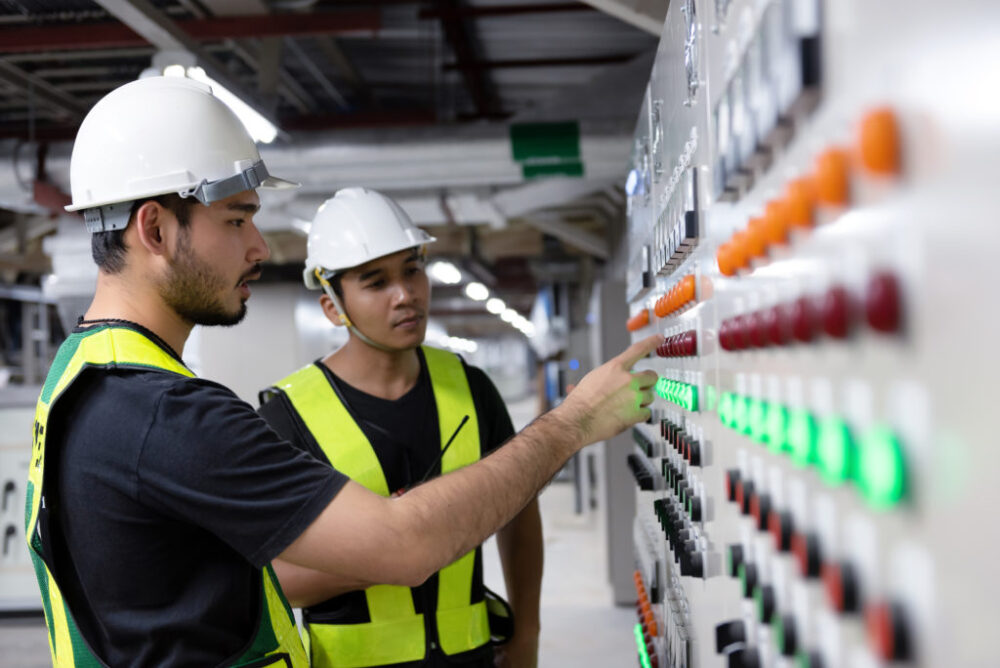
Source: bestdegreeprograms.org
A huge part of a factory is the power supplied to it. Factories often require a significant amount of power to be supplied. As such, wires and switches need to be kept in check. A damaged wire can be dangerous for anyone nearby. Similarly, the wiring on the roof that is damaged can be affected by rain too. The electrical components are important and they must be maintained.
In addition to this, safer and better equipment can be installed. This means higher quality wiring and switching that can resist damage. Investing in an industrial control panel enclosure from a trusted supplier is recommended. These are small changes that matter a lot for the safety of workers. Click here for more information.
6. Safety Equipment
Proper working gear including helmets is to be mandatory for every worker in the factory. These protect the worker from any falls or injuries that they may get. At the very least, the risk is diminished and it puts them at ease. The management should provide workers with the necessary gear before they start working.
Furthermore, strict rules and regulations should be enforced. There’s no point in providing equipment if the workers won’t wear it. That is why the management should make sure that workers are always ready. Safety equipment can be the difference between life and death in certain situations.
Conclusion
Factories that make sure of the above often work better than those without. When safety is guaranteed, workers will also work harder and better. This improves the workflow and the efficiency of the factory too. While output and costs incurred matter. The safety of the workers matters too and should be worth more. We hope factories incorporate these changes and be better.


